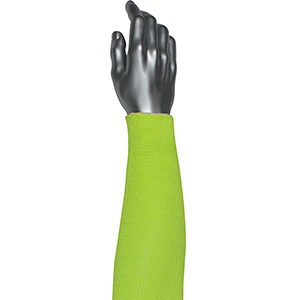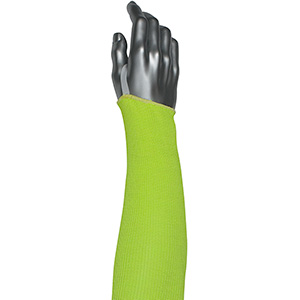
-
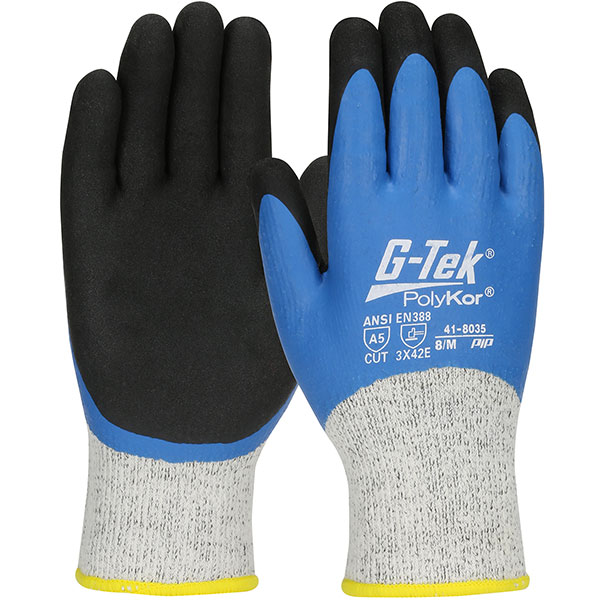 Cold Protection GlovesG-Tek® PolyKor®41-8035
Cold Protection GlovesG-Tek® PolyKor®41-8035
-
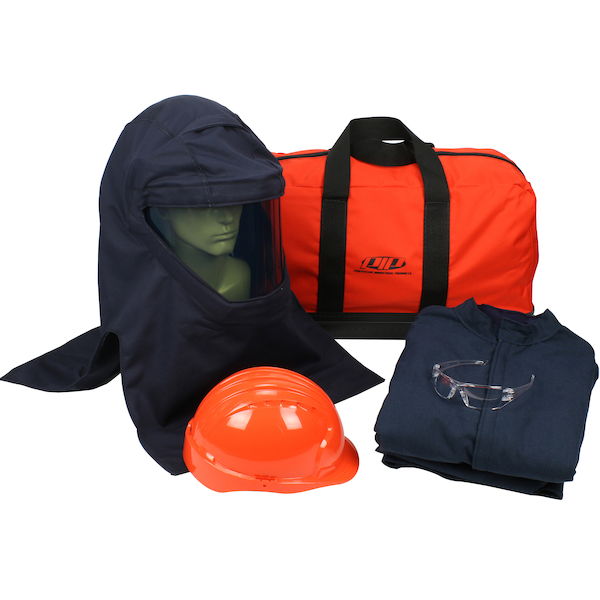 Arc Protection KitsPIP®9150-52436
Arc Protection KitsPIP®9150-52436
-
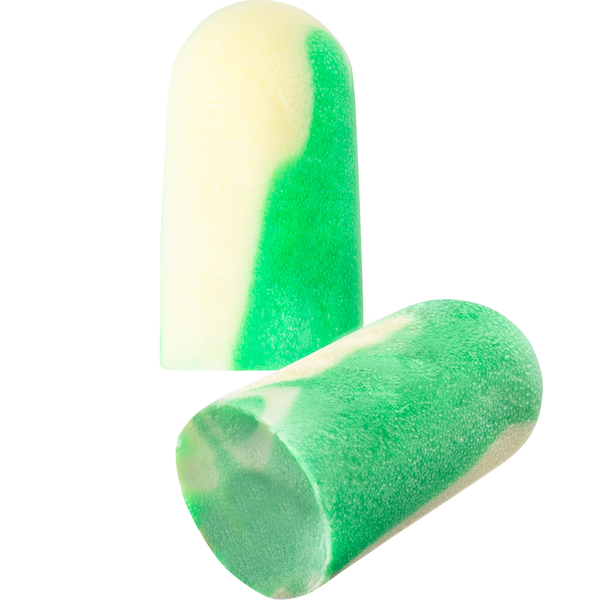 Ear PlugsMega Bullet™ BioSoft™BSF-1
Ear PlugsMega Bullet™ BioSoft™BSF-1
-
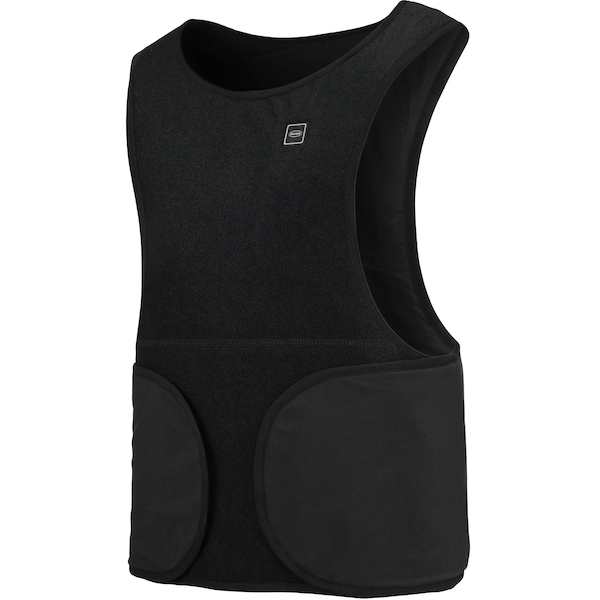 Heated ApparelBoss®300-HV100
Heated ApparelBoss®300-HV100
-
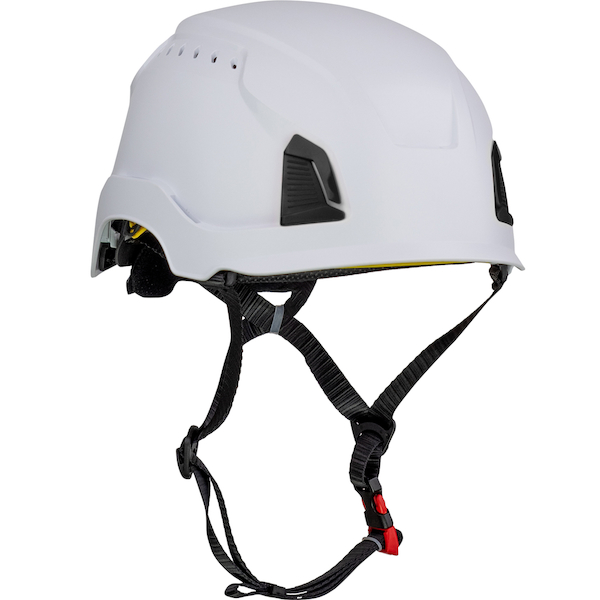 Safety HelmetsTraverse™280-HP1491RVM
Safety HelmetsTraverse™280-HP1491RVM
-
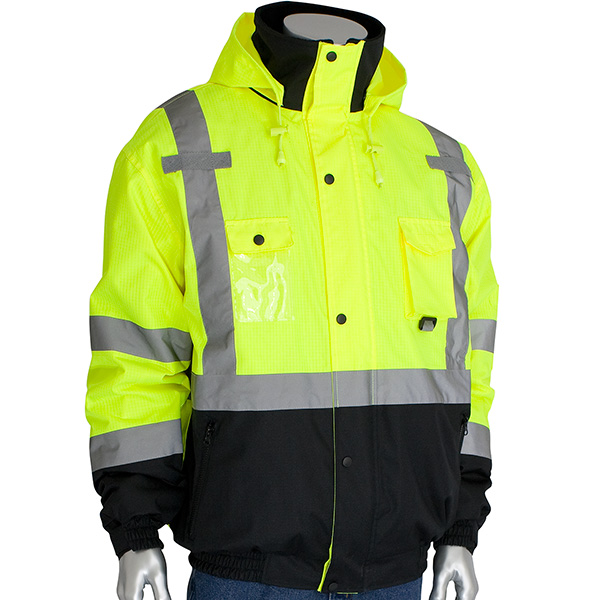 Hi-Vis Cold GearPIP®333-1770
Hi-Vis Cold GearPIP®333-1770
-
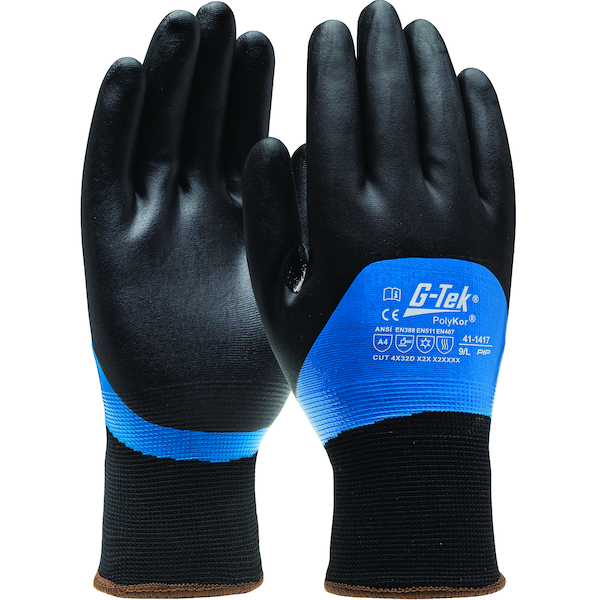 Cold Protection GlovesG-Tek® PolyKor®41-1417
Cold Protection GlovesG-Tek® PolyKor®41-1417
-
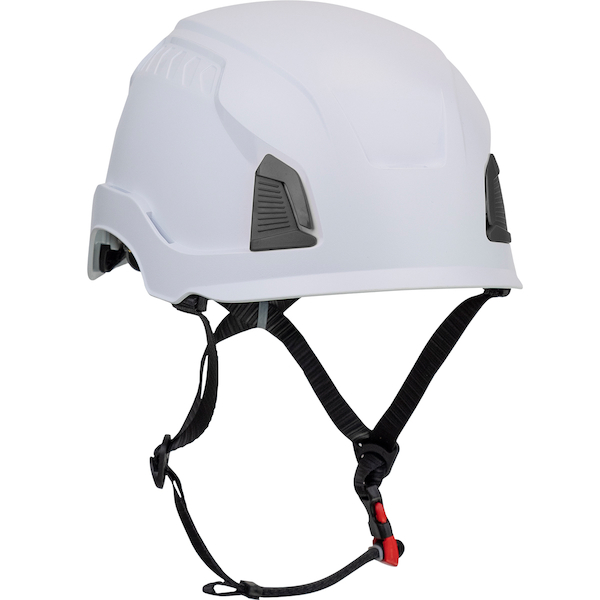 Safety HelmetsTraverse™280-HP1491RM
Safety HelmetsTraverse™280-HP1491RM
-
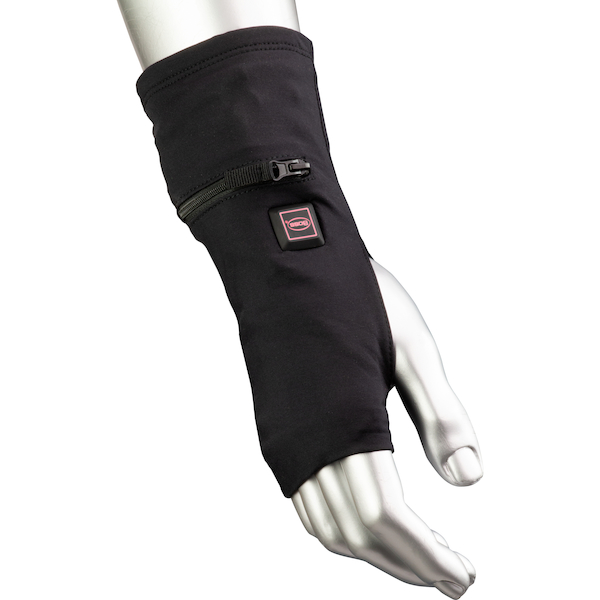 Heated ApparelBoss®399-HG20
Heated ApparelBoss®399-HG20
-
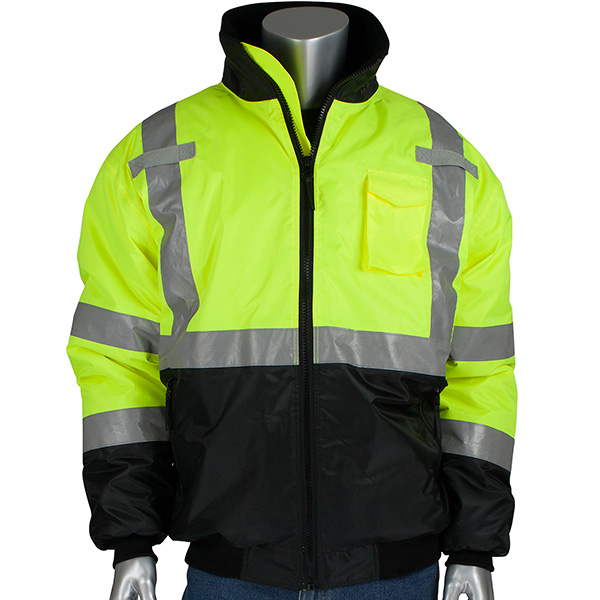 Hi-Vis Cold GearPIP®333-1740
Hi-Vis Cold GearPIP®333-1740
-
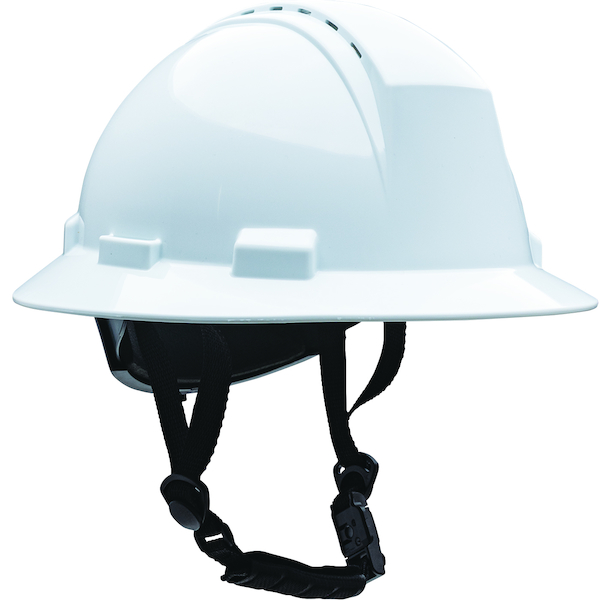 Safety HelmetsKilimanjaro™280-HP642RV-CH
Safety HelmetsKilimanjaro™280-HP642RV-CH
-
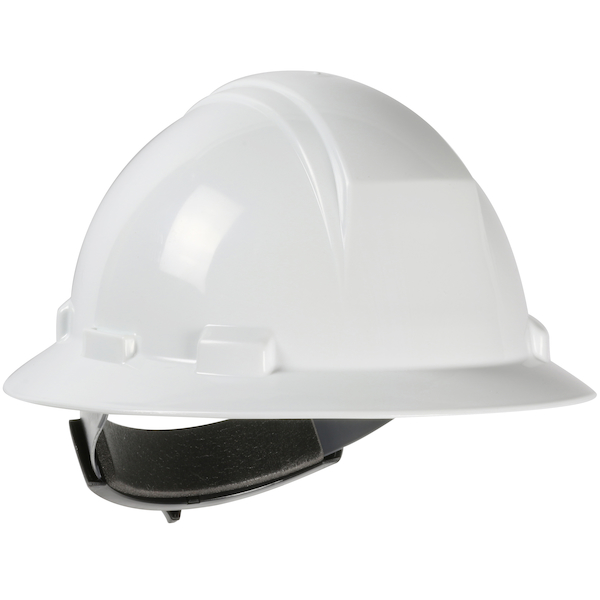 Hard HatsKilimanjaro™280-HP642R
Hard HatsKilimanjaro™280-HP642R


















